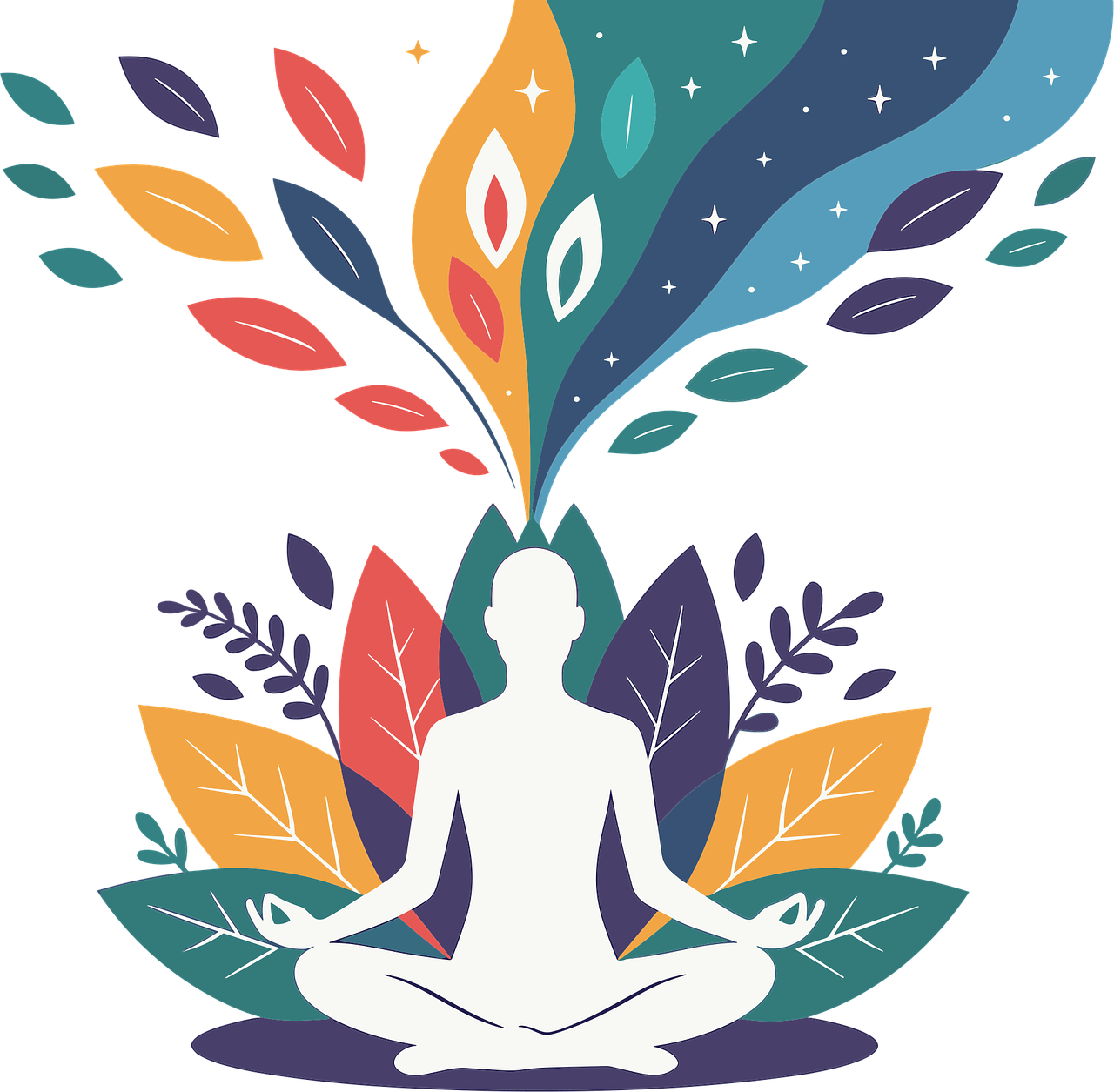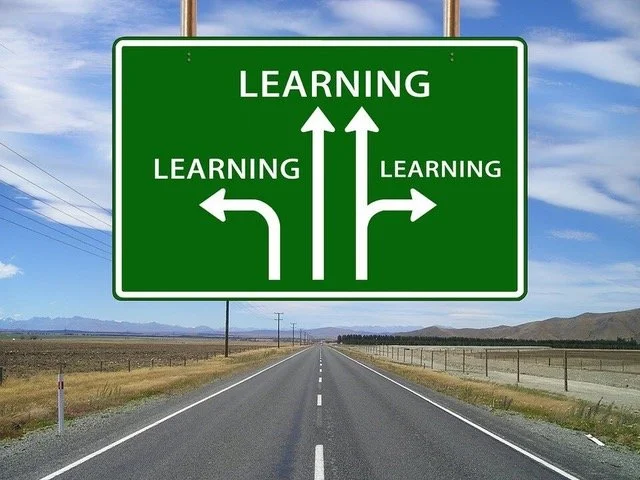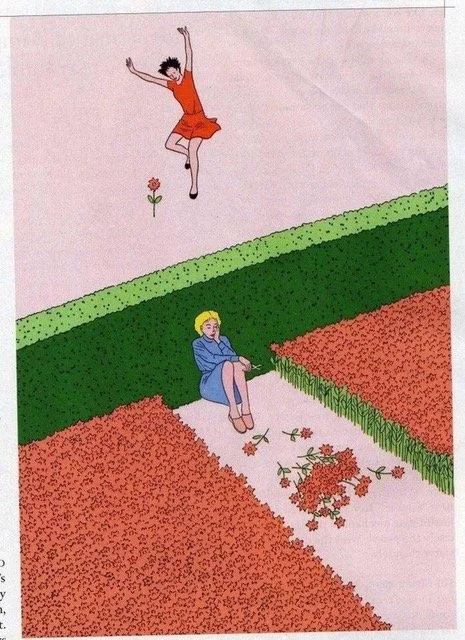
Blog — Inspiration from East West
For a few years now, I’ve been writing a cover letter for our weekly email. I’ve heard from many folks that these have been helpful for them, or comforting. The blessing is mine. Now they are also posted here, in case they may be of support to anyone in search of a few rays of inner sunshine.
Much love, on behalf of all of us at the store,
David G.
P.S. This page shows our most recent blog posts. Read previous posts here.

I have a friend who has a great attitude about going through this world. He says to himself, "I assume that, over the course of my life, I will lose $20,000 to people either taking advantage of me, doing something not quite right, negligence on my part, etc. So when I suffer a financial loss I just assume it is part of the $20,000 that has already been accounted for."
We are here to learn our lessons, and as we become more educated we increasingly feel Spirit’s touch and a joyful connectedness to everything around us. We are so isolated in our little selves, but that isolation is in our minds, not in reality. In fact, Yogananda said that we are perfectly in possession of God right now, and that all we need to do is to improve our knowing of that fact.
Recently, I heard a phrase used by a counselor that really hit me. She was speaking to a client and said, "It seems it is time for you to get out of the passenger seat and go around to get into the driver's seat."
We have just entered the Holiday Season. Thanksgiving—Christmas—New Year's. It’s a really packed time of year. Given that, it is easy to get lost in the details, but we each ought to do our best to remember what it is we are celebrating.
We all want to do what’s right. We all (hopefully!) accept that our own sight is limited by our past experiences and our current fears and desires – the twins that cloud judgment and intuition.
We often want to know the cause of things. This is quite understandable and natural, but neither matters nor helps us. Our effort ought to go into solving a problem or improving an attitude of ours that is unhelpful. The "why" is only of value if it is in fact helpful (that's not the deep philosophical part!).
One of the attitudes necessary for living a truly spiritual life is acceptance. Railing against what might have been, or what ought to be, wastes more time and energy than one can imagine. And my experience has been that when we fight reality, reality usually wins!
I find it quite interesting that whatever happens to be in front of us can often feel urgent and as though it's the best next thing to do. This is a very natural tendency but like many natural impulses (sweets, anyone?) it can get us into trouble.
I imagine most readers have at least heard of the Bhagavad Gita which is revered as one of the greatest spiritual writings in all of history. It's part of a huge epic—The Mahabharata—in which cousins fight over a kingdom. (Boy, talk about a common theme throughout history!)
We all know how imprecise language is, and how hard it is for our words (and thoughts for that matter) to capture reality. The best we can do is an approximation. I heard a marvelous story recently on this point.
There’s a great quote uttered by John Kenneth Galbraith, famed Harvard economist:
Faced with the choice between changing one’s mind and proving that there is no need to do so, almost everyone gets busy on the proof.
It is of course quite perceptive and somewhat endearing, but the deeper question is… why is it so true?
People often talk about “balance” as in "work-life balance", or "work hard then play hard.” The idea of not going too far in any one direction without a counter-move back makes obvious sense, but I believe there may be a deeper issue involved that I wanted to share some thoughts on.
As I have written before, the major human delusion and desire is to get everything just right—and then freeze things so they do not change. We imagine that if we just try hard enough we can somehow enter that Promised Land and stay there. Good luck with that!
I find this to be a most interesting phrase, as it has served me for most of my life, especially spiritually.
This is a line from a favorite chant of mine. It has nothing to do with children and their desire to play. It has everything to do with us and our own desires. It is actually surprisingly the same; it just grows more complex and sophisticated as we get older.
It is perfectly natural to think about what happens to us. Things can bother us or even hurt us deeply. We also can find great happiness and even exultation in certain situations. While such swings are not necessarily the best for us, they are natural. However, there is something deeper going on that warrants our attention.
Everyone is familiar with the term, but I suspect not that many people know what yoga actually is. It's a lot more than postures and meditation.
There has always been an interesting dynamic between the thought of grace and our responsibility for bettering ourselves. Ramakrishna said, "The winds of grace are always blowing, but it is up to us to raise our sails." What a beautiful image and clear exposition. But it may be useful to unpackage it a little bit more. What is "raising our sails" comprised of?
It is easy to see something that is "off" and to focus on removing it. This is of course often sensible, but when it comes to dealing with ourselves, more often than not, such a focus is not the right idea.
It’s funny how much we respect expertise in many fields, but most people are somewhat hesitant when that expertise extends to our own lives.
I wrote last week that we are much less in charge than we think we are. But while it is true that we need to rely on Spirit, that (unfortunately?) does not take us off the hook! Cooperating is essential for our lives to unfold in the best way, and in the way that is intended for us. A story I was recently reminded of makes this quite clear…
There’s a good American friend of mine who spent many years living in India, where he was a teacher of yoga philosophy. He has been a disciple of Yogananda for over 50 years, and is someone I have looked up to as a friend and mentor for many decades.
This is a slightly different angle on the the recent theme of “there’s more going on than we know or than we can actually affect”. The part of our lives that is our responsibility should receive 100% of our focus and energy, of course, but there is more going on beneath the surface than we are aware of…
I wrote about my brain tumor and surgery at 17 years old a few weeks ago. An amazing, painful, long-recovery experience. What I did not share was that it turned out to be one of the greatest episodes of my life.
Images are often quite useful when trying deeply to understand a subtle concept. I'd like to share an image that has always been helpful for me.
Last week we talked about intention vs. action. If you do your best and make an honest mistake, there is no karma involved. But it is actually a bit more subtle than that (…not all that surprising, right? :-) )
I wanted to address a somewhat subtle point this week: intention vs. action. It is easy to see someone's actions, and of course much harder to see intention.
I have written often about our desire to fill the hole in our hearts with material things, prestige, money, power, popularity, etc. Those things ultimately fail lifetime after lifetime, so we eventually turn to Spirit.
My spiritual teacher had a phrase he often used (even writing a book with this title). I'd like to share why this is an important phrase and how and why we sometimes get it wrong.
There is a core human belief that we have a very limited amount of energy, and that conserving it is a great idea. While there is of course some truth to this thought, it gets misapplied often and to our detriment.
This week's post will be somewhat personal but I have often been told it is fascinating, so felt to share it. I think it's going to be a while before the movie comes out. :-)
This page shows 30 of the most recent blog posts. Browse through all of our posts here.






























